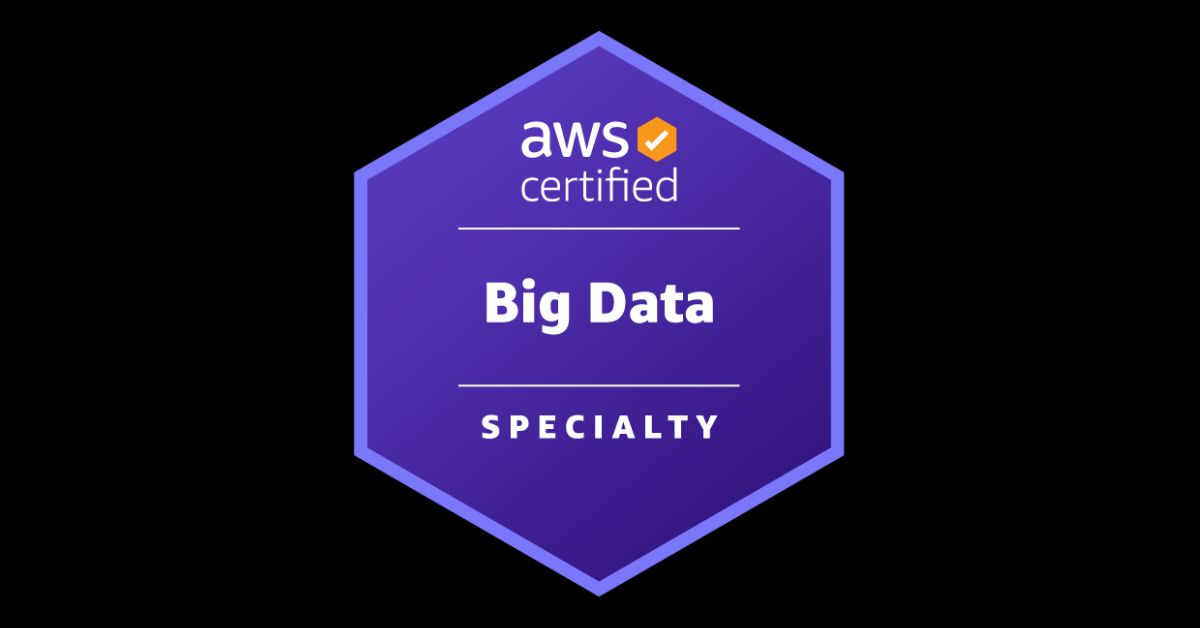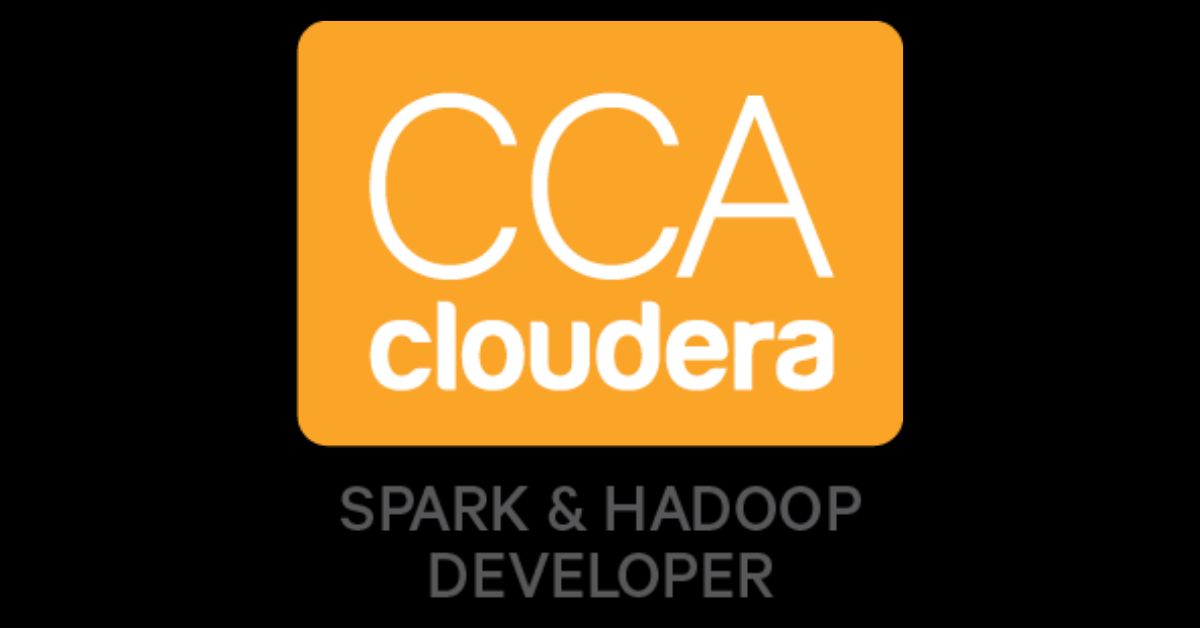AWS Certified Database Specialty

Amazon Web Services (AWS) certifications corroborate cloud expertise and facilitate effective cloud initiatives. AWS offers certifications on several streams such as Solutions Architect, Networking, Database, etc. I completed the AWS Certified Database Specialty on Feb 21, 2022. This certification requires expertise with on-premises and AWS cloud-based relational and non-relational databases. Currently, I work predominantly in database migrations from on-premise to AWS cloud and so I decided to complete this certification to showcase my expertise in recommending, designing, and maintaining optimal AWS database solutions. This was my fifth AWS certification. I found this certification more challenging than the Associate-level certification exams and on par with the Big Data Specialty exam. In this blog post, I share my preparation and experience with this certification and also provide some recommendations to prepare for this certification.
Background
I have been working with AWS and Database/Big Data technologies for several years now. Prior to taking this exam, I had a working knowledge of several AWS services such as EMR, EC2, S3, Relational Database Service (RDS), Aurora, DynamoDB, Redshift, and CloudFormation. At my current job, I work with database modernization and database migration from on-premise to AWS cloud. I help my clients by recommending, designing, and maintaining optimal database solutions in the cloud. I felt that the knowledge gained during the preparation for this certification would enable me to be more efficient and performant at work. Furthermore, this certification would help showcase my expertise with AWS database services and solutions. I enjoy the process of preparing for and taking exams. Most importantly, I love challenging myself to learn new things. For these reasons, I decided to take the AWS Database Speciality certification.
Exam Experience
The registration price for the Database Specialty certification was $300. I was fortunate that my employer paid for this and provided me with a prepaid voucher.
The exam was 3 hours/180 minutes long and consisted of 65 questions. It took me 150 minutes to answer all the questions. I had flagged a few of the questions that I was not fully confident. I used the remaining 30 minutes to review the flagged ones.
Most of the questions were scenario-based and lengthy in size. The questions would either have a single-choice answer or multiple-choice answers. The questions described a technical need and each of the choices in the answer offer potential solutions. Typically, 2 out of the 4 or 5 choices could be eliminated as they are just distractors or non-sensical if you have at least a high-level understanding of the services. The remaining choices would be potential solutions to the question and we have to choose the best one among them. I had to re-read the questions to catch the keywords such as cost-effective, performance, minimal downtime, minimal maintenance, latency, throughput, etc. to choose the best solution among all the potential solutions.
I chose to take the exam at the College of Dupage (COD), my alma mater. Completing this certification at COD felt very satisfying and it was added to my list of nostalgic memories at COD.

Pre-requisites
AWS recommends having multiple years of experience with AWS and Database technologies (relational and non-relational) prior to taking this certification. While there are no prerequisites for this certification, I would highly recommend completing one of the Associate-level certifications before taking this exam as the Database Specialty certification assumes you already have a good knowledge of the foundational services on AWS. Also, completing Associate level certification would familiarize you with the exam-taking experience.
I had completed the below certifications prior to attempting the Database Specialty certification.
- AWS Certified Solutions Architect Associate
- AWS Certified Developer Associate
- AWS Certified SysOps Associate
- AWS Certified Big Data Specialty
Preparation
It’s difficult to quantify the amount of time that I spent preparing for this certification. I completed AWS Certified Big Data Specialty in 2019 and some of the topics overlap between Big Data Specialty and Database Specialty. Add to this, I had working experience with many of the services that were covered in this exam.
I prepared for the certification by taking a couple of courses on AWS Database Specialty course, getting hands-on experience with the database services, watching official AWS videos, reading the FAQs, skimming through the Whitepapers, and taking a few practice exams.
I would recommend recommending preparing for the certification in this order. You can complete all these in a couple of months if you spend an hour every day.
- AWS Database Specialty – Exam Readiness
- A Cloud Guru’s course on AWS Database Specialty
- Hands-on Practice
- AWS Videos
- AWS FAQs
- AWS Whitepapers
- Practice Exams
Starting Point
The official AWS Database Specialty – Exam Readiness was the starting point for my preparation. The Exam Readiness modules provide the blueprint for the exam and also go over all the topics that are covered in the certification. I kept coming back to this page to review the topics.
Tutorials
Unlike Associate and Professional level certifications, there aren’t that many resources for Database Specialty. I took a couple of courses.
- AWS Database Specialty course on A Cloud Guru (Recommended).
- ACloudGuru’s course does a good job of giving an idea and setting the expectations for the exam. It also covers the high-level concepts required for the certification. When it comes to the AWS Specialty certifications, the devil is in the details. Unfortunately, ACloudGuru lacks the specific details that are tested in the exam. This course helps with the preparation but it shouldn’t be the only source.
- AWS Database specialty course on CloudAcademy (Not Recommended).
- CloudAcademy’s course is not tailored for this certification. Instead, it’s just a collection of smaller courses for several database services. This course is a good source to learn the database services but it’s probably not a good one to take if you’re only interested in the certification. I still took this course to get educated on all the database offerings from AWS.
Hands-on Practice
My goal has always been to learn not just the theory but also get practical hands-on experience with the services. So, I played around with all of the services covered in the certification. I strongly believe having hands-on experience helps pass the exam.
- I completed A Cloud Guru’s and CloudAcademy’s hands-on labs related to AWS Database services such as Amazon Relational Database Service (Amazon RDS), Amazon Aurora, Amazon Neptune, Amazon DocumentDB, and Amazon Redshift in their sandbox environments.
- I played around with AWS Database Migration Service (DMS) and AWS Schema Conversion Tool (SCT) in my personal account. This definitely helped with many questions in the exam related to data migration and schema conversion.
AWS Materials
AWS provides a ton of learning materials on all their study materials. The below materials are a must to learn the architecture, best practices, and most importantly, the intricate details of each service.
- AWS videos related to Database services on YouTube.
These videos are golden and they are both educational as well as entertaining. I strongly recommend watching these videos to get from zero to hero on these services. Some of the minuscule details covered in the videos were tested in the exam.- Databases on AWS: The Right Tool for the Right Job (DAT205-R1)
- Which Database to Use When? (DAT310-R)
- Amazon Relational Database Service (Amazon RDS)
- Deep dive on Amazon Aurora
- Amazon DocumentDB (with MongoDB compatibility) deep dive
- Running Apache Cassandra workloads with Amazon Keyspaces
- Deep dive on Amazon Timestream
- Deep dive on Amazon Neptune
- Amazon QLDB: An engineer’s deep dive on why this is a game changer (DAT380)
- Dive deep into AWS SCT and AWS DMS (DAT362-R1)
- FAQs of the following AWS Database services.
These FAQs are a must to learn both tiny and significant differences between each of the database services. I found the FAQs very helpful in learning the facts that can be used to deduce the solutions to the questions. - AWS Whitepapers related to Database services.
The Whitepapers are important to learn the architecture of AWS services. They also help with thinking with an AWS mindset. Even if you’re not familiar with a scenario in the exam, you may be able to logically guess AWS’s recommended solution based on the best practices mentioned in the Whitepapers.
Practice Exams
I took a few practice exams during the last few days prior to my scheduled date for the exam. Taking practice exams helped me get in the rhythm for the actual exam.
- Official AWS Big Data Specialty Exam Readiness
- The exam readiness contains about 20 questions with detailed explanations. The questions were very similar to the ones that appeared in the exam.
- A Cloud Guru’s Practice Exam
- It’s a good one to get a feel for testing on 65 questions. Only some of the questions are similar to the ones in the certification exam.
- CloudAcademy’s Practice Exam
- The questions test the knowledge of the service. However, they are not related to the certification. I wouldn’t recommend taking this practice exam as a preparation for the certification exam.
Topics
The majority of the questions were related to Amazon Relational Database Service (Amazon RDS), Amazon Aurora, Amazon DynamoDB, Amazon Redshift, AWS Database Migration Service (AWS DMS), and AWS Schema Conversion Tool (AWS SCT).
There were a few questions related to AWS Key Management Service (KMS), AWS CloudFormation, AWS Secrets Manager, AWS Systems Manager Parameter Store, and AWS Backup.
There are a couple of questions related to Amazon DocumentDB, Amazon Neptune, Amazon QLDB, Amazon Kinesis, and Amazon CloudWatch Logs. I didn’t get any questions related to Amazon Keyspaces and Amazon Timestream.
Amazon Relational Database Service (Amazon RDS)
- Architecture & Terminology
- Use cases
- RDS Database engines
- Administration
- Scalability
- Availability
- Durability
- Disaster Recovery
- Read Replicas and Cross-Region Read Replicas
- Multi-AZ
- Migration
- Backups
- Snapshots
- Monitoring (Logs, Performance Insights, CloudWatch metrics, Enhanced Monitoring)
- Authentication
- Encryption & Security
- Best practices
- Limitations
Amazon Aurora
- Architecture & Terminology
- Use cases
- MySQL vs PostgreSQL
- Aurora vs RDS
- Administration
- Scalability
- Availability
- Durability
- Disaster Recovery
- Fault Tolerance
- Write and Reader Nodes
- Multi-AZ
- Global Database
- Endpoints (cluster, reader, instance, custom)
- Migration
- Backups
- Snapshots
- Monitoring (Logs, Performance Insights, CloudWatch metrics, Enhanced Monitoring, Database Activity Streams)
- Authentication
- Encryption & Security
- Best practices
- Limitations
Amazon DynamoDB
- Architecture & Terminology
- Use cases
- Table design
- Creating Table and configurations
- On-demand provisioning & auto-scaling
- Write Capacity Units (WCU) & Read Capacity Units
- Burst capacity
- Adaptive capacity
- Read consistencies
- Partitions
- Streams
- Replication
- Erros/Exceptions
- DynamoDB Accelerator (DAX)
- Global Tables
- Local Secondary Indexes
- Global Secondary Indexes
- Backups
- Hot partitions
- TTL
- Monitoring
- Best practices
- Integration with other services
- Limitations
- Encryption & Security
Amazon Redshift
- Architecture & Terminology
- Use cases
- Table design
- Distribution key
- Sort key
- Copy
- Unload
- Instance types
- Scaling
- Workload management
- Compression
- Snapshots
- Access Control
- Monitoring
- Best practices
- Integration with other services
- Limitations
- Encryption & Security
Amazon ElastiCache
- Architecture & Terminology
- Use cases
- Redis vs Memcache
- Cluster mode enabled vs disabled
- Caching strategies (Lazy loading vs write-through)
- TTL
- Shards
- Scaling
- Best practices
- Limitations
- Encryption & Security
Amazon DocumentDB
- Architecture & Terminology
- Use cases
- Administration
- Scalability
- Availability
- Durability
- Disaster Recovery
- Fault Tolerance
- Backups
- Monitoring
- Authentication
- Encryption & Security
- Best practices
- Limitations
Amazon Neptune
- Architecture & Terminology
- Use cases
- Administration
- Scalability
- Availability
- Durability
- Disaster Recovery
- Fault Tolerance
- Backups
- Monitoring
- Authentication
- Encryption & Security
- Best practices
- Limitations
Amazon QLDB
- Architecture & Terminology
- Use cases
- Administration
- Scalability
- Availability
- Durability
- Disaster Recovery
- Fault Tolerance
- Backups
- Monitoring
- Authentication
- Encryption & Security
- Best practices
- Limitations
Amazon Timestream
- Architecture & Terminology
- Use cases
- Administration
- Scalability
- Availability
- Durability
- Disaster Recovery
- Fault Tolerance
- Backups
- Monitoring
- Authentication
- Encryption & Security
- Best practices
- Limitations
Amazon Keyspaces
- Architecture & Terminology
- Use cases
- Administration
- Scalability
- Availability
- Durability
- Disaster Recovery
- Fault Tolerance
- Backups
- Monitoring
- Authentication
- Encryption & Security
- Best practices
- Limitations
Amazon S3
- Different tiers
- Version control
- Bucket policies
- Access Control List
- Lifecycle Policies
- Vault Lock
- Encryption & Security
AWS CloudFormation
- Architecture & Terminology
- Use cases
- Templates
- Parameters
- Mappings
- Resources
- Output
- Deletion
- Stacks
- Nested stacks
- Drift
- Stackset
- Best practices
- Limitations
AWS Database Migration Service (AWS DMS)
- Homogenous and heterogenous migration
- Multi-AZ
- Full load and Change Data Capture (CDC)
- Full LOB mode vs Limited LOB mode
AWS Schema Conversion Tool (AWS SCT)
- Sources and Targets
- Migration Assessment Reports
- Schema Comparison
- Schema Conversion
- Snowball Edge
AWS DataBackup
AWS Key Management Service (KMS)
AWS CloudHSM
AWS Identity and Access Management (IAM)
Amazon CloudWatch
Amazon CloudWatch Logs
Amazon Kinesis
Final Words
AWS Database Specialty Certification, being a specialty exam, is both challenging and rewarding. It requires knowledge of all the database services offered by AWS. This certification helps with showcasing expertise in designing database solutions in the AWS cloud. I had a satisfying experience in preparing and completing the certification.
If you’re preparing for this certification, I strongly recommend reading the FAQs and getting hands-on experience with all the database services, especially Amazon Relational Database Service (Amazon RDS), Amazon Aurora, Amazon DynamoDB, Amazon Redshift, Amazon Elasticache, AWS Database Migration Service (AWS DMS) and AWS Schema Conversion Tool (AWS SCT). I believe the preparation guide shared in this blog post will put you in a good spot to take the exam.
I wish you good luck with your certification journey. Please feel free to ask any questions or provide your thoughts in the comment section.
If you’re into taking certifications or interested in Cloud and Big Data technologies, check out my other blog posts on AWS Big Data Specialty and Cloudera CCA Spark and Hadoop Developer (CCA175) Certification.






5 Comments
Amazing! You’re really inspiring.
Thank you very much, Shruthi!
Pretty detailed, Ashwin. Thank you for sharing your experience!
Is this post on your blog/Wordpress created using AWS Services (LightSail) ? 🙂
Thank you, Sravan. Yes, this website is hosted on Lightsail indeed.
Hi Ashwin,
I am an Oracle DBA, how beneficial is this certification for an Oracle DBA.
Also can you suggest certification path for an Oracle DBA like me.
Thanks in advance